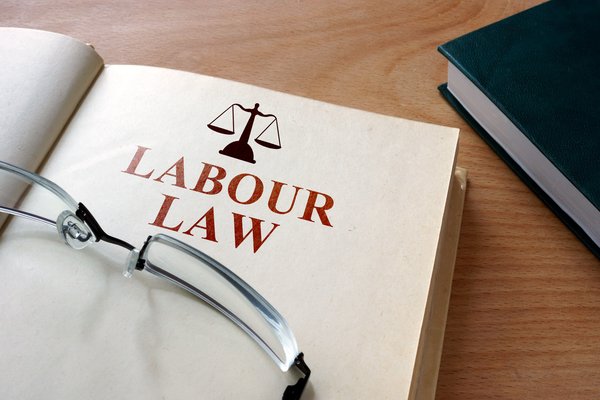WORKERS COMPENSATION: WHAT TO DO WHEN A WORKER DIES OR GETS INJURED AT WORK.
Accidents at work can also be referred to as work place accidents, occupational diseases or injuries at work.
Many times, workers get accidents or contract diseases in the course of their working which affect their physical, mental and financial capacity. However, many workers go without any compensation because they are in most cases ignorant of their rights and privileges under the law.
Workers compensation law affords justice to workers by allowing compensation of victims of job-related injuries or diseases. Workers compensation law is a strict liability law which imposes automatic liability for all injuries or diseases caused by the employment irrespective of whether the harm was due to the recklessness or negligence of the worker while on duty.
The Worker’s compensation law obligates all employers to take out workers compensation insurance to cater for eventualities of injury, disease contraction or death of a worker while on duty. This insurance shields employers against incurring unexpected huge costs that come with injury or death of a worker.
Work place injuries or diseases could leave the worker dead or permanently or temporarily incapacitated; and the permanent or temporary incapacity may be total incapacity or partial incapacity.
Therefore, the amount of compensation payable depends on the type and nature of the injury and the resultant incapacity. The types of injuries are;
Fatal injuries: These injuries result into the death of the worker. Such injuries entitle the family member and dependent of the deceased to claim compensation for the loss of their bread winner.
Permanent total incapacity: This kind of injury leaves the worker’s life totally useless until when he or she dies. It leaves him or her to require constant assistance and support of another on a permanent basis. An example could be the former WBS Journalist Lwanga who was assaulted while filming news and the injuries permanently damaged his life to the extent that he cannot walk without a clutch or being assisted by someone.
Permanent partial incapacity: These are injuries where the worker loses a body part (s) or some sense(s) forever but can resume working though may he or she may not be as effective or efficient as before.
Temporary total incapacity: These are injuries which render the worker totally incapacitated or useless but for a particular period of time, thought the workers recovers fully after some time and treatment.
Temporary partial incapacity: These are injuries which leave part of the worker’s body part (s) or sense (s) paralyzed or malfunctional for a short period of time before he or she recovers fully.
What to do after an accident at work?
Following an accident or work-related disease, follow these steps to get compensated;
- Inform the employer as soon as practicable. For an accident injury,report within one month from the date of the accident. For an occupational disease, report within three months after detecting the symptoms.
- Go for medical examination and treatment: The medical costs are to be paid by the employer until when you get well. The employer will continue paying your full wages and salaries for at least two months. If after two months, you are still unwell, you can apply to court to order your employer to pay for your upkeep.
- Obtain Notice of accident form. After getting well, obtain a notification forms from the Labour Officer in your area and take them to your employer to fill in the necessary details that may be required.
- Get final disability assessment: After getting well, obtain a final assessment report from the doctor indicating the percentage of incapacity suffered as a result of the injury or accident.
- Obtain compensation computation: Take the final disability assessment to the Labour officer to compute the total amount of compensation you are entitled to.
- Submit the final computation to the employer and wait for payment. Remember to keep copies. The employer will in turn submit the compensation forms to the insurance company to process the payment.
- If you don’t get paid, seek legal advice.
The writer is an insurance law practitioner and Managing Partner of Nakiranda & Co. Advocates.
Rebecca Nakiranda
Nakiranda & Co. Advocates
Tel- +256 774 23 0844

